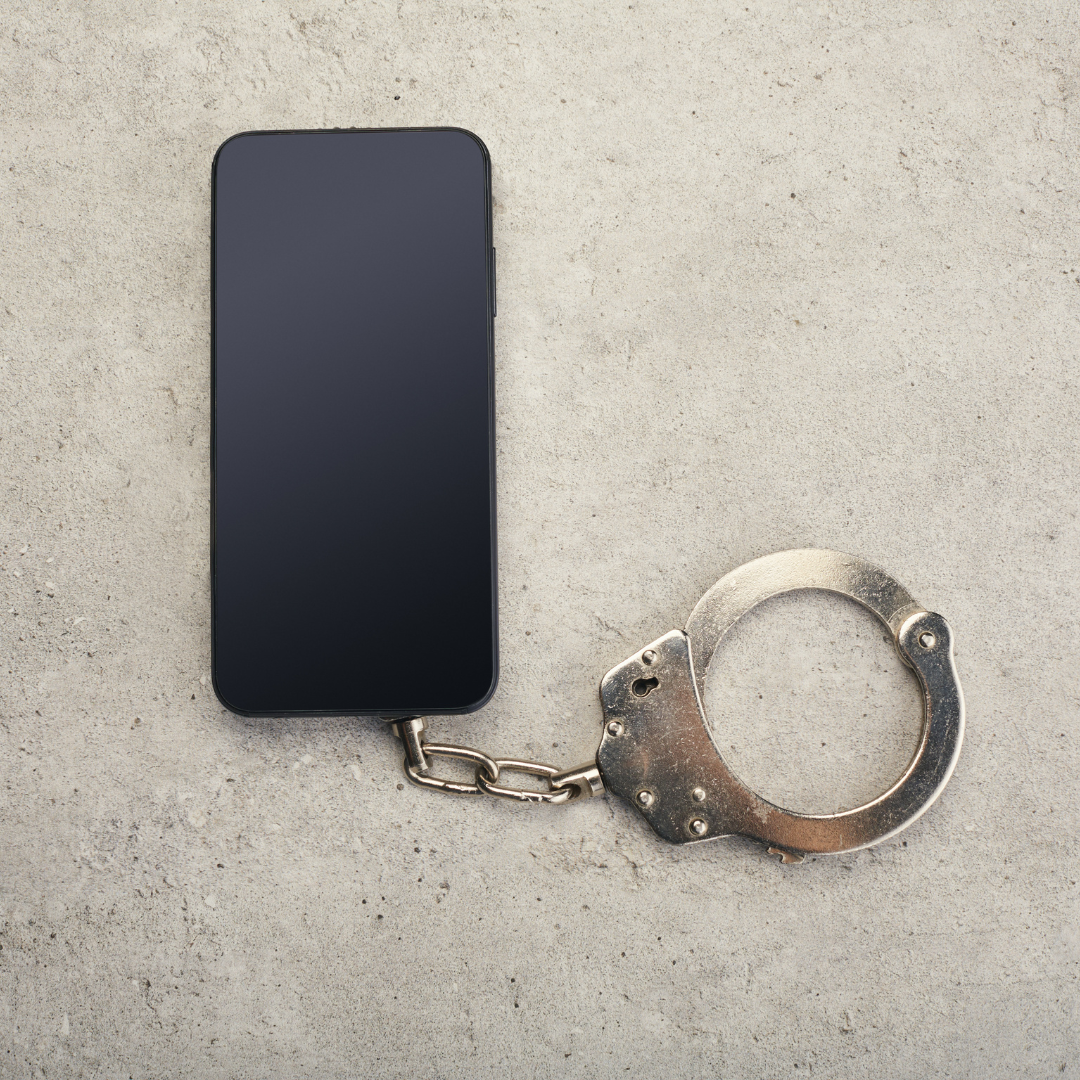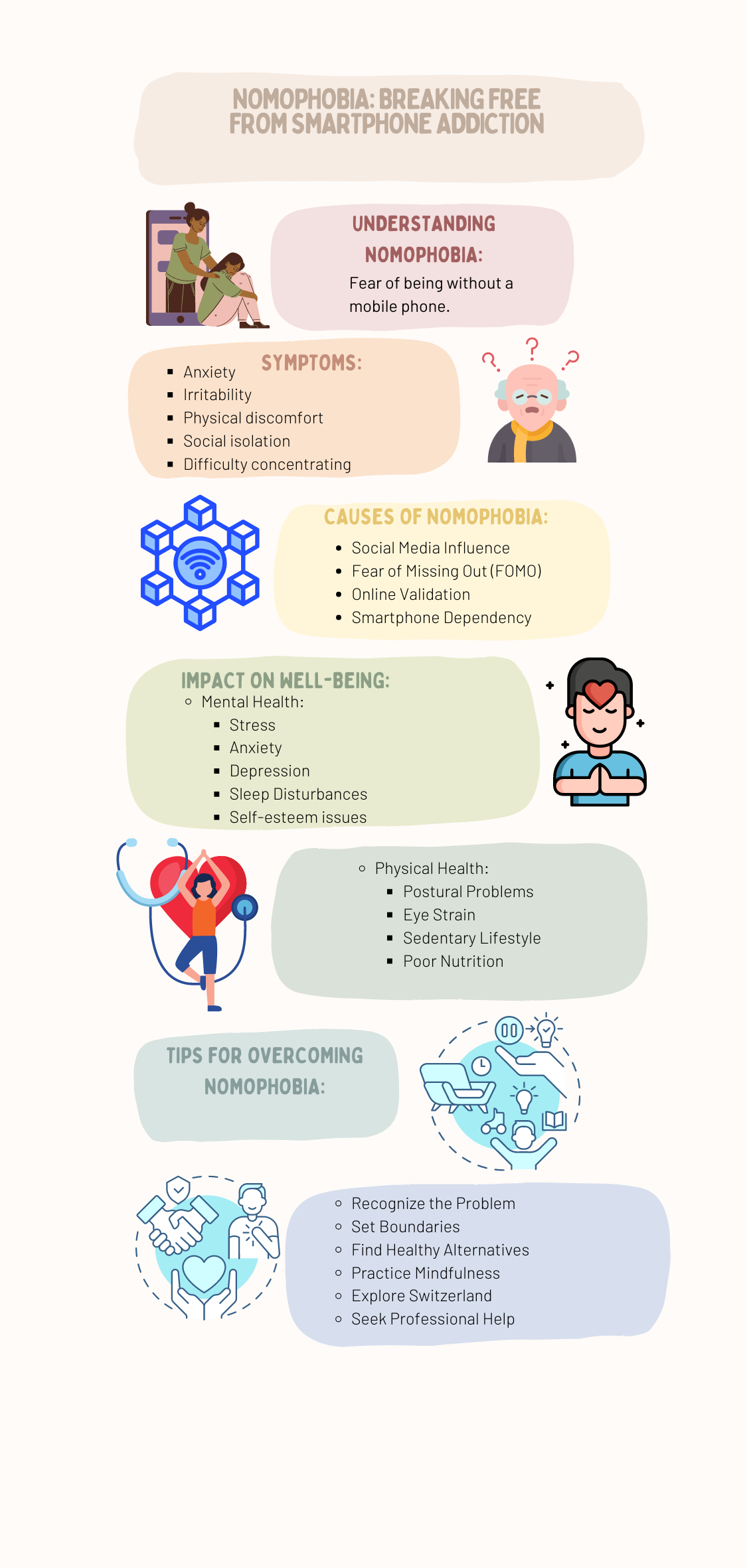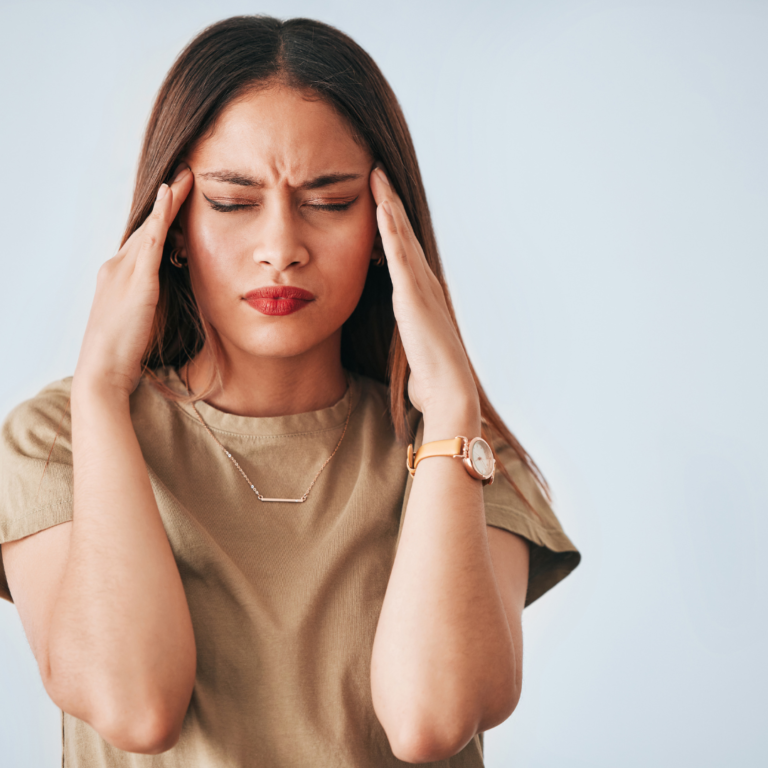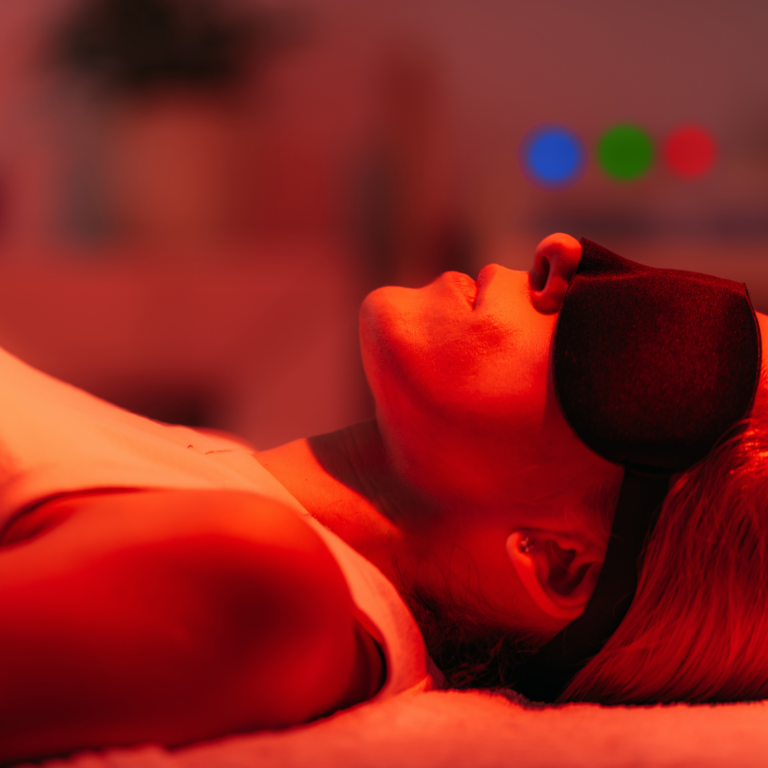Nomophobia: Breaking Free from Smartphone Addiction (& Reclaiming Your Wellbeing)

- Understanding Nomophobia in Today’s World
- Impact of Nomophobia on Well-being
- Tips for Overcoming Nomophobia
- Conclusion
In today’s hyper-connected world, smartphones have become an essential tool for many of us. While these devices provide an easy way to stay connected with loved ones and manage daily tasks, they can also lead to an unhealthy dependency known as nomophobia. This fear of being without a mobile phone can significantly impact your mental and physical well-being. Let’s explore what nomophobia is, its effects, and how you can overcome it to reclaim your life.
Understanding Nomophobia in Today’s World
Let’s face it – smartphones have become indispensable in our lives, connecting us to people, information and entertainment at the touch of a button. However, this increased connectivity comes at a price. Nomophobia, a relatively new term, describes the fear, anxiety or discomfort a person experiences when they can’t access their smartphone or the internet. Do you find yourself checking your phone obsessively, feeling anxious when the battery is low or prioritizing screen time over real-life interactions or responsibilities? If so, you’re not alone. Nomophobia is becoming increasingly prevalent, impacting people from all walks of life, especially for those who may feel isolated or disconnected from their support networks.
According to a study by the UK Post Office, 53% of mobile phone users experience anxiety when they lose their phone, run out of battery, or have no network coverage. This statistic highlights the widespread nature of the issue, making it essential to address the underlying causes and symptoms of nomophobia.
The causes of nomophobia are multifaceted. The ubiquitous presence of social media amplifies the need for continuous connectivity and validation. The Fear of Missing Out (FOMO) drives many to check their phones incessantly, fearing they might miss an important update or message. The dependency on smartphones for routine tasks, such as navigation, banking, and even shopping, further entrenches this addiction.
Impact of Nomophobia on Well-being
The effects of nomophobia on mental health are profound. Increased stress, anxiety, depression, and sleep disturbances are common among those who struggle with this condition. Additionally, constantly checking your phone can lead to self-esteem issues, as social media often fosters unrealistic expectations and comparisons.
Physical health also suffers due to excessive smartphone use. Poor posture, eye strain, and a sedentary lifestyle are prevalent among nomophobes. These habits can lead to chronic pain, fatigue, and other health problems. For expatriates in Switzerland, these physical and mental health issues can exacerbate the challenges of adapting to a new environment and integrating socially.
Nomophobia’s impact on mental health can be severe. The constant need to check one’s phone can increase stress levels, leading to chronic anxiety and even depression. Sleep disturbances are another common consequence, as the blue light emitted by screens can interfere with the body’s natural sleep-wake cycle, leading to insomnia and poor sleep quality. This lack of rest can further exacerbate feelings of anxiety and depression, creating a vicious cycle that’s hard to break.
Physically, nomophobia can cause a range of issues. Constant smartphone use can lead to poor posture, resulting in back and neck pain. Eye strain is another common problem, as staring at screens for prolonged periods can cause discomfort and even vision problems. A sedentary lifestyle often accompanies excessive smartphone use, contributing to weight gain, cardiovascular problems, and other health issues.
Let’s delve into how this modern addiction affects our health:
1. Mental and Emotional Health:
Increased stress, anxiety and depression: The constant checking of notifications, the flood of emails and the pressure to always be “on” can lead to high levels of stress, anxiety and even depressive symptoms.
Sleep problems: The blue light emitted by smartphones can disrupt the production of melatonin, an essential hormone for regulating sleep cycles. Smartphone use at bedtime can lead to difficulty falling asleep, poor sleep quality and fatigue during the day.
Distorted self-image: The constant barrage of seemingly perfect images and lives on social media can contribute to a negative self-image, feelings of inadequacy and low self-esteem.
2. Physical health and well-being:
Eyestrain and headaches: Looking at screens for long periods can cause eyestrain, dry eyes, headaches and even blurred vision.
Poor posture and muscle pain: Bending over our phones can lead to poor posture, neck strain, back pain and other musculoskeletal problems.
Sedentary lifestyle and weight gain: Smartphone addiction often goes hand in hand with sedentary behavior, increasing the risk of weight gain, obesity and other chronic diseases.
3. Relationships and Connection:
Decreased face-to-face interaction: When we prioritize our smartphones over real-life interactions, we miss out on valuable opportunities to connect, build relationships and create meaningful memories with loved ones.
Relationship conflicts: Excessive smartphone use can lead to conflicts in relationships, as partners can feel ignored, unheard or devalued when one individual is constantly glued to the screen.
Social isolation and loneliness: Paradoxically, although smartphones should connect us, nomophobia can lead to social isolation and loneliness, as individuals withdraw from real-life interactions and become dependent on virtual connections.

Tips for Overcoming Nomophobia
Recognizing and addressing nomophobia is crucial for improving your overall well-being. Here are some practical tips to help you break free from smartphone addiction:
1. Recognize the Problem
The first step in overcoming nomophobia is acknowledging its presence in your life. Be honest with yourself about how much time you spend on your phone and the impact it has on your well-being.
2. Set Boundaries
Establish clear limits for smartphone use. Implement “digital detox” periods where you consciously take breaks from your phone. Use apps that track and control your screen time to help you manage usage effectively.
3. Find Healthy Alternatives
Engage in offline activities that you enjoy. Whether it’s picking up a new hobby, spending time with friends and family, or exploring the beautiful Swiss outdoors, these activities can provide a refreshing break from screens.
4. Practice Mindfulness
Mindfulness techniques can help reduce anxiety and increase awareness of your smartphone use. Practices like meditation, deep breathing exercises, and mindful walks can ground you in the present moment and decrease dependency on your phone.
5. Explore Switzerland
Take advantage of the unique opportunities available in Switzerland. Participate in local events, join clubs or groups, and explore the country’s natural beauty. These experiences can help you form meaningful connections and enrich your expatriate life.
6. Seek Professional Help
If you find it challenging to manage nomophobia on your own, don’t hesitate to seek professional help. Many resources are available for expatriates in Switzerland, including counseling and support groups that can provide the necessary guidance and support.
Establishing clear boundaries around smartphone use is essential. Setting specific times for phone usage, such as during meals or before bed, can help create a healthier relationship with technology. Digital detox periods, where you intentionally disconnect from your phone, can also be beneficial. During these times, engage in activities that don’t involve screens, such as reading a book, going for a walk, or spending time with loved ones.
Finding healthy alternatives to smartphone use is another effective strategy. Engage in offline hobbies that you enjoy, such as gardening, painting, or playing a musical instrument. Spend quality time with friends and family, engaging in face-to-face interactions that foster deeper connections. Exploring the beautiful outdoors of Switzerland, whether it’s hiking in the mountains or strolling through picturesque towns, can also provide a refreshing break from screens.
Practicing mindfulness can help reduce anxiety and increase awareness of your smartphone use. Techniques such as meditation, deep breathing exercises, and mindful walks can ground you in the present moment and decrease your dependency on your phone. Mindfulness apps can also be helpful, providing guided exercises and reminders to stay present throughout the day.
Finally, if you find it challenging to manage nomophobia on your own, don’t hesitate to seek professional help. Many resources are available in Switzerland, including counseling and support groups that can provide the necessary guidance and support. Professional help can offer strategies tailored to your specific needs, helping you overcome nomophobia and improve your overall well-being.
Conclusion
Breaking free from smartphone addiction is a journey of self-discovery and self-care. By recognizing the signs of nomophobia, implementing practical tips and seeking support when needed, you can regain control of your well-being and live a fuller, more meaningful life. Remember, you are responsible for your digital well-being. Make conscious choices today to prioritize your mental, physical and emotional health in today’s fast-paced world.
References
- Bhattacharya, S., Bashar, M.A., Srivastava, A., Singh, A. (2019). Nomophobia: NO MObile PHone PhoBIA. Journal of Family Medicine and Primary Care. Journal of Family Medicine and Primary Care
- Fletcher, J. (2022). Nomophobia: Definition, causes, symptoms, and treatment. Medical News Today. Medical News Today
- Munoz, K. (2024). Nomophobia Symptoms, Causes, Effects and Treatments.
- Robinson, M. Nomophobia: Symptoms, Causes and Treatment. ITS Psychology. ITS Psychology






